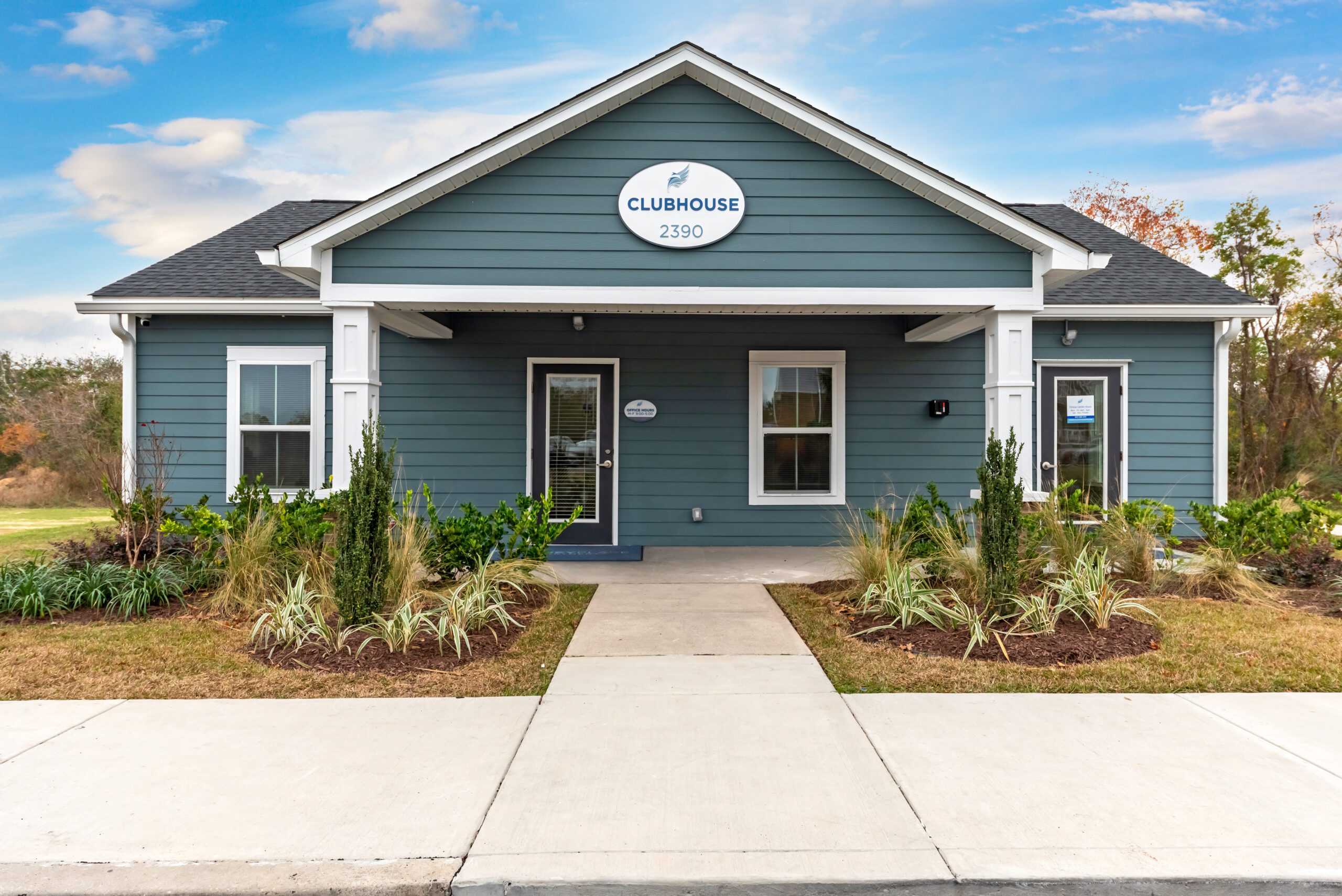Sustainability Driving Reduction in Costs
Sustainability has become a key concept for affordable housing, charging to the forefront of the industry in recent years, and it’s not just because climate change is mandating the most efficient energy usage at projects. Sustainability can also be a significant cost containment center for developers, which can help make the debt and financing numbers pencil out.
Take Osprey Place Apartments, an affordable development in North Charleston, SC. Standard Communities purchased the approximately 20-year-old development a couple of years ago (SVN Affordable | Levental Realty brokered the deal). When Standard planned out a $22 million renovation, it included installing a water metering system by Louisville, KY-based ION.
How much have the water meters, a “smart” system that immediately detects water overconsumption and alerts management so they can address the problems immediately, saved Standard?
Mike Johnson, Standard’s director for asset quality and sustainability, did a couple of quick calculations at the request of Tax Credit Advisor and determined the ION system is saving $63,000 a year in costs at Osprey Place, which has 108 units and 288 bedrooms. Use of the system in multiple properties, which Standard plans, could make a dent in debt and finance costs.
Prior to ION, which was installed in March, water consumption at the property was 82 gallons per bedroom per day, says Johnson. Since then, it has decreased to 35 gallons per bedroom per day, or less than half. This is saving the property more than $150 per day in water utility expenses.
Renters at Osprey Place are not being charged anything for water, so the savings go to management and can be reallocated for property improvements.
Leaking toilets, left-on faucets and actual flooding are detected immediately by the sensors in place in the water meters, says Johnson. The quick fixes that result conserve water and the extra costs of repairs incurred by letting problems continue unabated for lengthy periods of time.
Johnson notes a Low Income Housing Tax Credit execution enabled the Standard renovation, including the ION system, “which allows us to save a lot of water at the property.”
Sustainability, Johnson says, “has three legs to it, environmental, social and economic. ION’s water flow meters make contributions to all three.”
Internet Notification
On the environmental side, “it allows us the ability to conserve water by not being entirely reliant on the residents to notify our management of that issue. We get notified by Internet devices and can respond to conserve water.
“It also contributes to the social aspect of sustainability should there be a leaky water heater in a unit or even something more substantial,” he says. An early response by crews can stave off potentially hazardous mold or microbial growth in the unit, and even the unit below if water were to seep through the floor.
Each project is unique in its sustainability opportunities and challenges, Johnson says.
“Our focus is on pushing the envelope when it comes to sustainability.”
On the economic side, “if water is going straight down the drain, that costs money.”
Asked if he would use ION again, the answer was an enthusiastic yes. In fact, Standard plans for 15 more properties to get the water meters right now, Johnson says.
On the finance side, Regions Bank has taken the lead position, achieving a trifecta of tax credit equity syndicator (Regions Affordable Housing), equity investor (Regions Bank) and main lender (Berkadia Capital is the servicer). About $12.2 million in tax credit equity was realized, and the loan came to $10 million.
Renovation costs came to an average of $82,000 per unit. All units are affordable at 60 percent or less of area median income.
Osprey Place is not Standard’s first development in the Charleston area. There are four, all tax credit rehabs. Johnson says no residents have been displaced during the renovations.
600 Units in Charleston
Standard’s Charleston portfolio exceeds 600 units of housing.
In addition to Osprey Place Apartments, Standard led public-private partnerships that acquired Bridgeview Village Apartments, the largest privately-owned affordable community in Charleston with 300 units, Canebreak Apartments in Summerville, SC, with 120 units, and Shannon Park Apartments in Goose Creek, SC, with 96 units.
Originally built in 2004, Osprey Place Apartments is located at 2390 Baker Hospital Boulevard, North and comprises five garden-style apartment buildings on a 19.3-acre site. Amenities include a community center, playground, laundry room and off-street parking for residents, according to the developer.
“With this addition to Standard’s portfolio in the Lowcountry, we are trying to do our part to alleviate the area’s high housing costs and low supply of affordable and workforce housing,” says Tommy Attridge, Standard’s director of Southeast Production, based in Charleston.
Based in New York and Los Angeles, Standard says it has a national portfolio of over 19,000 apartment units, including approximately 11,500 affordable and workforce housing units, and has completed more than $4 billion of affordable housing acquisitions and rehabilitations nationwide.
Case Study originally appeared in Tax Credit Advisor’s October 2023 issue.






